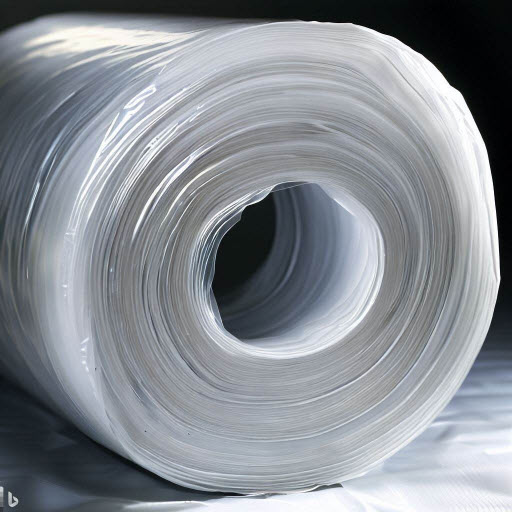Introduction
When packaging your products it is imperative to choose the right type of bag to ensure your items are protected during storage and transport. Polyethylene bags are popular with many businesses due to their affordability, versatility, and durability. However, with so many different types of polyethylene bags available, it can be overwhelming to know which ones to consider. In this guide, we are going to explore the different types of polyethylene bags, how to choose the right size and thickness, customization options, as well as environmental
considerations so that you can make an informed decision for your business.
Types of Polyethylene Bags:
In terms of polyethylene bags, Polyethylene bags are divided into low-density polyethylene bags and high-density polyethylene bags. Low-density bags are thicker and more durable, making them ideal for heavy or sharp objects. They also have a softer feel and are more tear resistant, making them less likely to puncture. Low-density bags are often used for packaging food, hardware, and other heavy items. High-density bags, on the other hand, are thinner and more cost-effective. They are weightless and less bulky, making them ideal for smaller items. However, they are not as strong as low-density bags and tear easier. In the packaging of clothing, small electronics, and other lightweight items, high-density bags are often used.
Choosing the Right Size and Thickness:
Choosing the right size and thickness for your polyethylene bags is crucial to ensure your products are protected during transport and storage. When choosing the size of your bag it is important to consider the weight and size of your product. If your product is heavy or bulky you will need a thicker and more durable bag to prevent tearing. If your product is small and lightweight a thinner bag may be sufficient. To choose the right thickness for your bags, consider the material’s strength and durability. The thickness of a bag is measured in mills, which is one-thousandth of an inch. 2-mill bag is thinner and less durable than 4-mill bag. However, thicker bags also tend to be more expensive, so you will need to find a balance between strength and cost.
Customization Options:
Customizing your polyethylene bags with your brand logo or message can increase brand recognition and loyalty. Customization options include custom sizes, colors, and printing. Custom sizes allow you to create a bag that fits your product. Custom colors and printing allow you to create a bag that stands out on the shelf. When customizing your bags, consider cost and lead time. Custom bags are often more expensive than standard bags, and they may require a longer production lead time. However, the benefits of customizing your bags may
extra cost and lead time, as it can help you build your brand and create a memorable unboxing experience for your customers.
Environmental Considerations:
Polyethylene bags are not biodegradable and can take hundreds of years to break down in the environment. As a result, many businesses are looking for more eco-friendly alternatives. Biodegradable and compostable bags are becoming more popular, as they break down more quickly and do not contribute to plastic pollution in the same way that traditional polyethylene bags do.
When considering eco-friendly alternatives, it is important to understand the difference between biodegradable and compostable bags. Biodegradable bags are designed to break down into smaller pieces over time, but they may still leave harmful micro plastics in the environment. Compostable bags on the other hand are designed to break down into organic matter that can be used to fertilize plants & improve soil quality.
Conclusion:
Choosing the right polyethylene bags for your business is crucial for protecting your products during storage and transport. Low density bags are thicker and more durable, while high density bags are thinner and more cost-effective. Choosing the right size and thickness is important to ensure your products are protected, and customizing your bags can help increase brand recognition and loyalty. It is also important to consider environmental considerations, such as the impact of traditional polyethylene bags and the availability of eco-friendly alternatives. By taking these factors into consideration, you can make an informed decision and choose the right polyethylene bags for your business needs.

